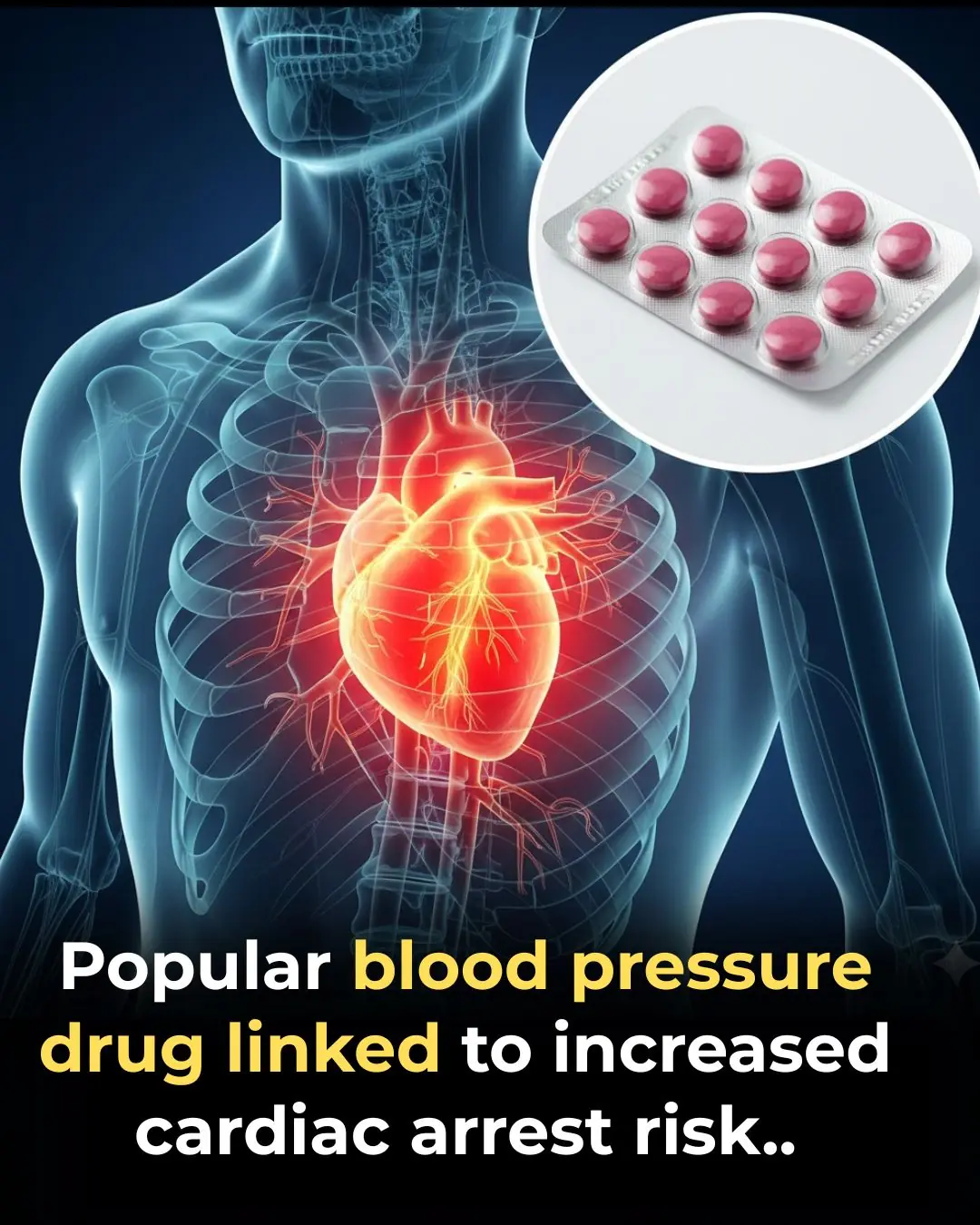
🦷 Mouth Cancer: Symptoms, Causes, Stages, and Treatment – What You Need to Know
Mouth cancer — or oral cancer — doesn’t get as much attention as breast, lung, or skin cancer, but it’s just as serious. It’s also one of the most preventable forms of cancer when detected early.
Every year, more than 54,000 people in the United States are diagnosed with oral or oropharyngeal cancer, according to the American Cancer Society. Sadly, thousands die each year because their cancer is discovered too late for effective treatment.
The hopeful news?
👉 When caught early, mouth cancer is highly treatable and often curable.
Let’s take a closer look at what mouth cancer is, how it develops, the symptoms you should never ignore, and how to protect yourself through prevention, awareness, and regular checkups.
Because real prevention isn’t about fear — it’s about knowledge, action, and self-awareness.
🔍 What Is Mouth Cancer?
Mouth cancer refers to abnormal cell growth in any part of the oral cavity, including:
-
Lips
-
Gums
-
Front two-thirds of the tongue
-
Inner lining of the cheeks
-
Roof (palate) or floor of the mouth
It often starts as a small, painless sore or patch that doesn’t heal. Because it doesn’t hurt at first, many people dismiss it as something minor — until it grows and becomes more dangerous.
Most oral cancers are squamous cell carcinomas, meaning they originate in the thin, flat cells lining the mouth and throat. These cancers can spread quickly if not treated early.
⚠️ Early Warning Signs & Symptoms
Many oral cancers are first spotted during routine dental exams, which is why regular dental visits are vital. Still, you should also check your own mouth regularly.
Watch for These Red Flags:
✅ A sore or ulcer that doesn’t heal within two weeks
✅ Red or white patches (leukoplakia or erythroplakia) on gums, tongue, or cheeks
✅ Lumps, thickened areas, or swelling inside the mouth or throat
✅ Persistent mouth or jaw pain, especially when chewing or swallowing
✅ Numbness in the lips, tongue, or face
✅ Loose teeth without obvious dental cause
✅ Difficulty moving the tongue or jaw
✅ Changes in how dentures fit or how your bite feels
✅ Pain in one ear without hearing loss
Other possible signs include bleeding, bad breath, weight loss, or speech changes.
📌 Important: Some early mouth cancers cause no pain at all. Don’t wait for discomfort before getting checked.
🔬 Common Causes & Risk Factors
Anyone can develop mouth cancer, but certain habits and exposures increase your risk dramatically.
1. Tobacco Use (The Biggest Risk Factor)
-
Smoking cigarettes, cigars, or pipes
-
Chewing tobacco, snuff, or betel quid
Tobacco use accounts for nearly 80% of oral cancer cases worldwide. Even vaping can irritate oral tissues — and while long-term risks are still being studied, caution is wise.
2. Heavy Alcohol Consumption
Regular or excessive alcohol use damages mouth cells, making them more susceptible to cancer-causing substances.
➡️ When combined with tobacco, the risk multiplies up to 30 times.
3. Human Papillomavirus (HPV)
HPV type 16 is a leading cause of oropharyngeal cancers (back of the throat, tonsils, and base of the tongue).
-
Now responsible for over 70% of oropharyngeal cases
-
Common in younger, non-smoking adults
✅ The HPV vaccine (recommended for ages 9–26) dramatically lowers this risk.
4. Excessive Sun Exposure
Long-term sun exposure can cause lip cancer, particularly on the lower lip.
Farmers, construction workers, and outdoor laborers are most at risk.
🛡️ Use SPF lip balm, wide-brimmed hats, and seek shade when possible.
5. Poor Nutrition
Diets low in fruits, vegetables, and antioxidants reduce the body’s ability to repair DNA and fight oxidative stress.
A diet rich in vitamins A, C, and E supports healthy cell turnover.
6. Weakened Immune System
People with HIV/AIDS, those on long-term immunosuppressive medications, or patients who’ve received organ transplants are at higher risk.
Other possible contributors include chronic mouth irritation, poor oral hygiene, and genetic susceptibility.
🧪 How Is Mouth Cancer Diagnosed?
If your dentist or doctor notices a suspicious lesion, they may:
-
Perform a visual and tactile exam of your mouth and throat
-
Order a biopsy, removing a small tissue sample for microscopic analysis
-
Use imaging tests like CT, MRI, or PET scans to determine if the cancer has spread
Diagnosis is followed by staging, which helps determine treatment and prognosis.
📊 Stages of Mouth Cancer
| Stage | Description |
|---|---|
| Stage I | Tumor ≤2 cm, no lymph node involvement |
| Stage II | Tumor 2–4 cm, still localized |
| Stage III | Tumor >4 cm or spread to one nearby lymph node |
| Stage IV | Spread to multiple lymph nodes, deep tissues, or distant organs (e.g., lungs) |
📌 Early-stage cancers (I–II) have significantly higher survival rates, often above 80%.
💊 Treatment Options
Treatment depends on the stage, location, and overall health of the patient.
1. Surgery
Removes the tumor and nearby healthy tissue to ensure all cancer cells are gone.
If lymph nodes are affected, a neck dissection may be necessary.
Reconstructive surgery can help restore appearance and function after tumor removal.
2. Radiation Therapy
High-energy beams destroy cancer cells. Used alone for early cancers or combined with other treatments.
Common side effects: dry mouth, sore throat, fatigue, and altered taste.
3. Chemotherapy
Drugs that attack rapidly dividing cells. Often used in combination with radiation for advanced cancers.
Side effects can include fatigue, nausea, hair loss, and immune suppression.
4. Targeted Therapy & Immunotherapy
-
Cetuximab (Erbitux®): Blocks proteins that cancer cells need to grow.
-
Pembrolizumab (Keytruda®) and nivolumab (Opdivo®): Boost the immune system to identify and destroy cancer cells.
These advanced therapies are especially useful in recurrent or metastatic cases.
✅ Prevention Tips That Work
You can’t remove every risk, but you can greatly reduce your chances of developing mouth cancer.
-
🚭 Quit tobacco — it’s never too late to benefit.
-
🍷 Limit alcohol — 1 drink per day for women, 2 for men.
-
💉 Get the HPV vaccine — protects against HPV-related oral cancers.
-
🥦 Eat a nutrient-rich diet — focus on colorful fruits and vegetables.
-
☀️ Use SPF lip balm and sun protection.
-
🦷 Visit your dentist twice a year — most perform quick, painless oral cancer screenings.
Remember: your dentist may be the first person to detect oral cancer — often before symptoms become serious.
❌ Debunking Common Myths
❌ “Only smokers get mouth cancer.”
➡️ False — HPV and sun exposure are rising causes among non-smokers.
❌ “It only affects older people.”
➡️ No — HPV-linked cancers are increasingly found in adults under 40.
❌ “If it doesn’t hurt, it’s fine.”
➡️ Many early oral cancers are painless. Don’t wait for pain to act.
❌ “Oral cancer is rare.”
➡️ It’s more common than you think — and survival drops sharply in late stages.
💭 Final Thoughts
You don’t need to live in fear of mouth cancer — but you do need to be aware.
Next time you brush your teeth, take an extra minute to look closely inside your mouth:
-
Check your tongue and the area underneath.
-
Feel along your gums and inner cheeks.
-
Note any changes, patches, or sores that don’t heal.
If something looks unusual — even if it doesn’t hurt — see a dentist or doctor promptly.
Because true health isn’t about waiting for pain, it’s about noticing the quiet signals your body sends before they become something more serious.
That small act of vigilance?
👉 It could save your life.
News in the same category

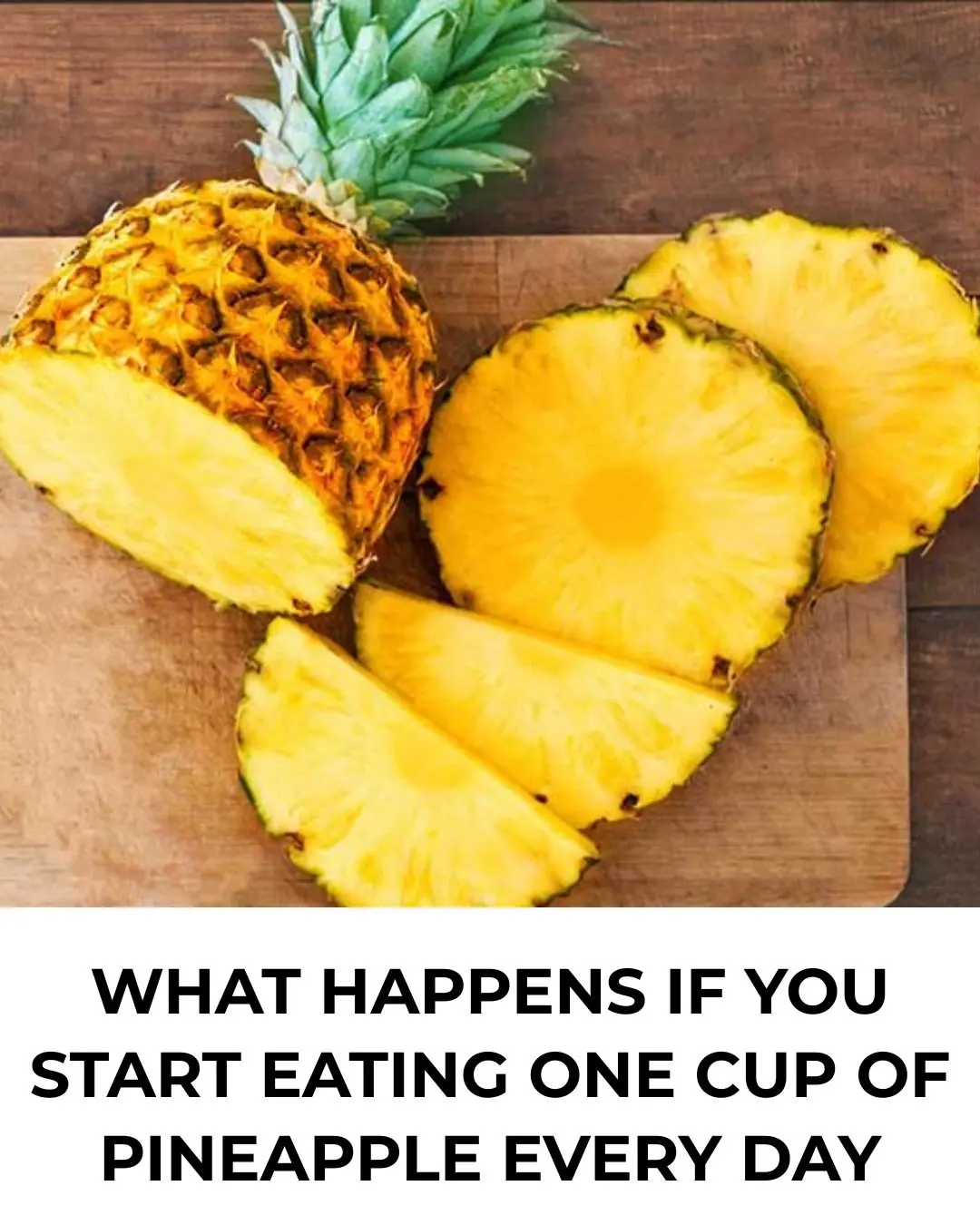
Powerful Health Benefits of Pineapple You Should Know
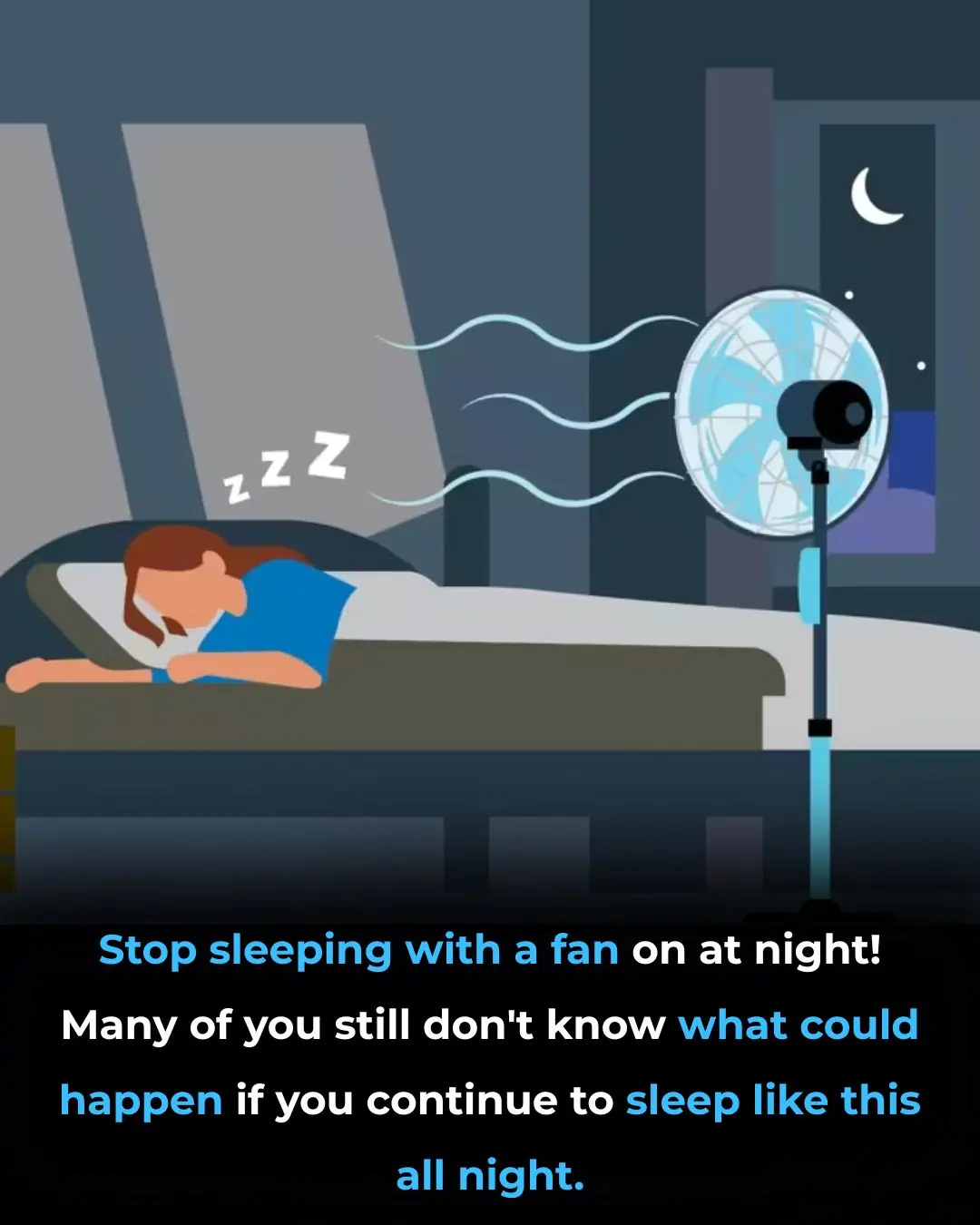
The Surprising Health Benefits of Sleeping in a Cold Room
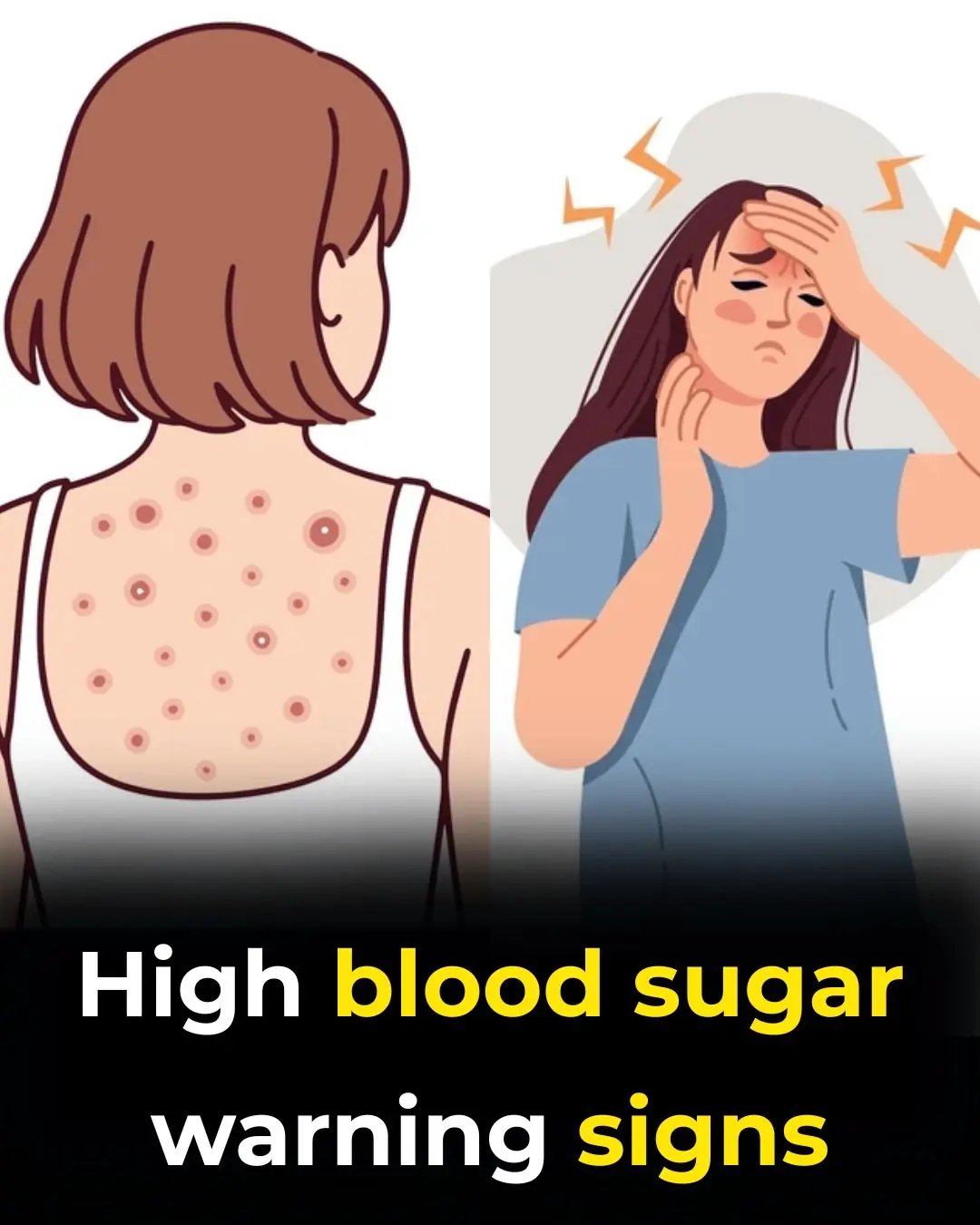
High Blood Sugar Warning Signs

🥚 A Look at How Certain Boiled Egg Habits May Affect Your Heart Health

🌿 Clove Water Sitz Baths for Women: A Gentle Guide to Hygiene and Comfort
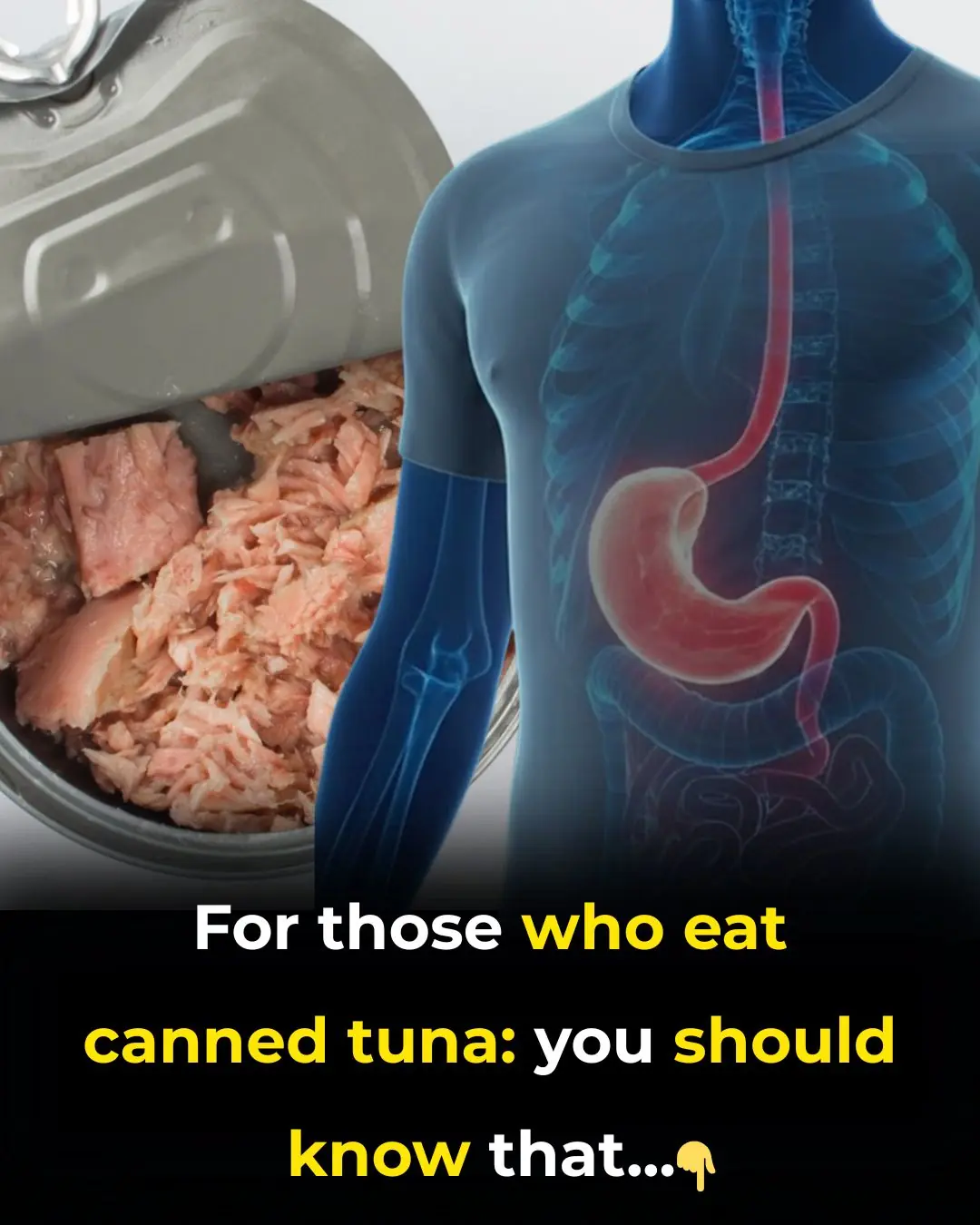
What Happens to Your Body When You Eat Canned Tuna Every Day
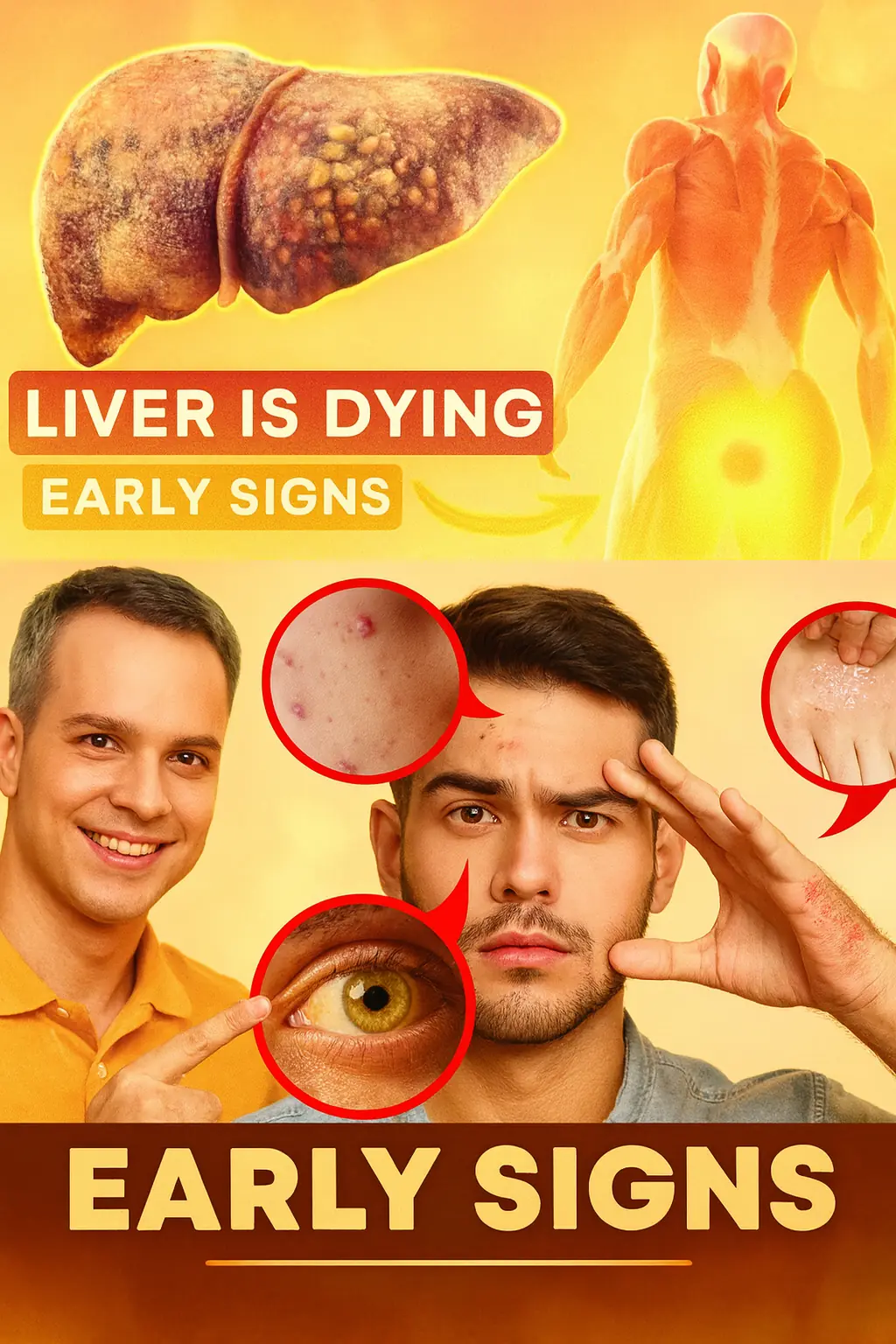
17 Warning Signs Your Liver Is Crying for Help
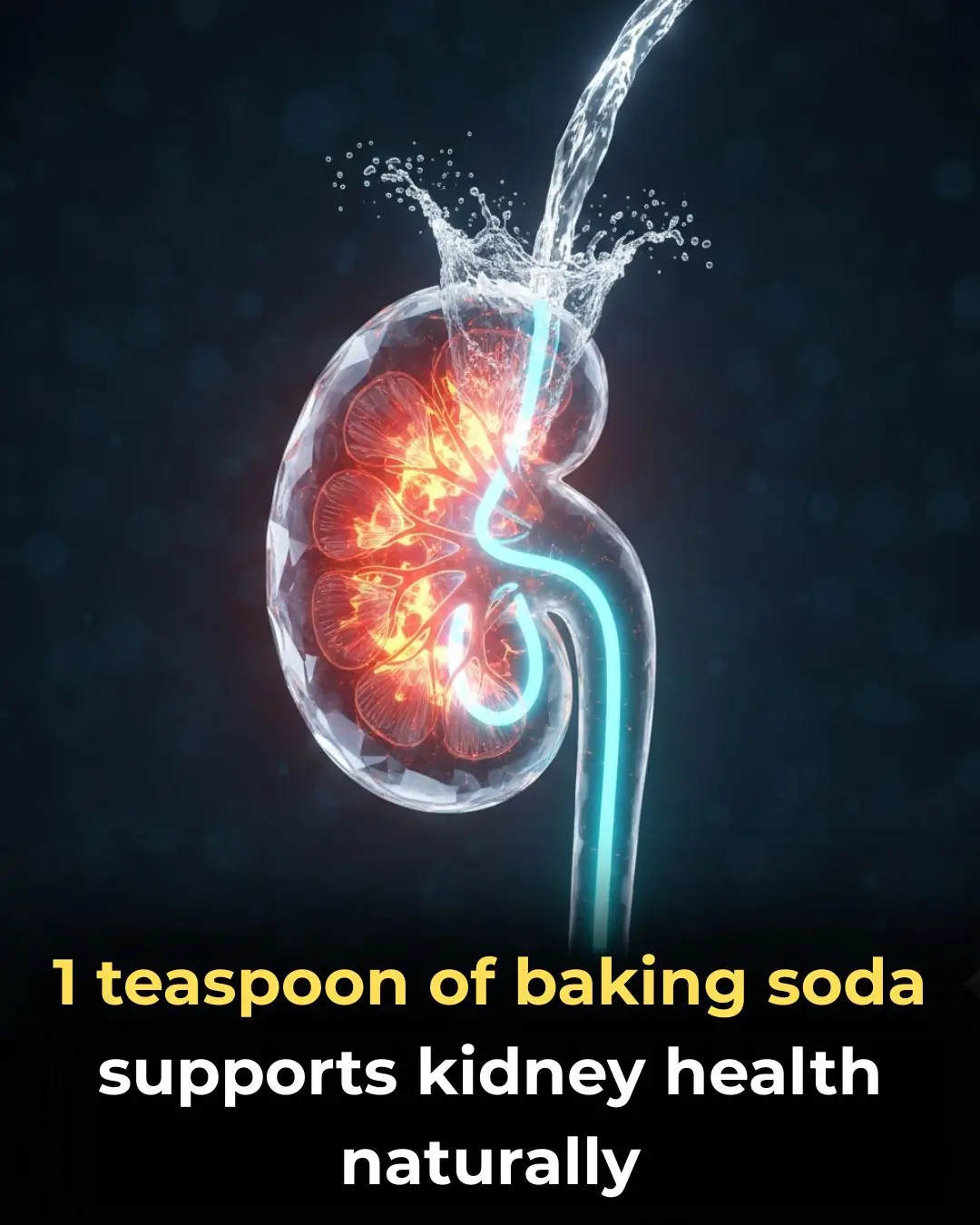
How to Support Your Kidneys Naturally Using 1 Teaspoon of Baking Soda
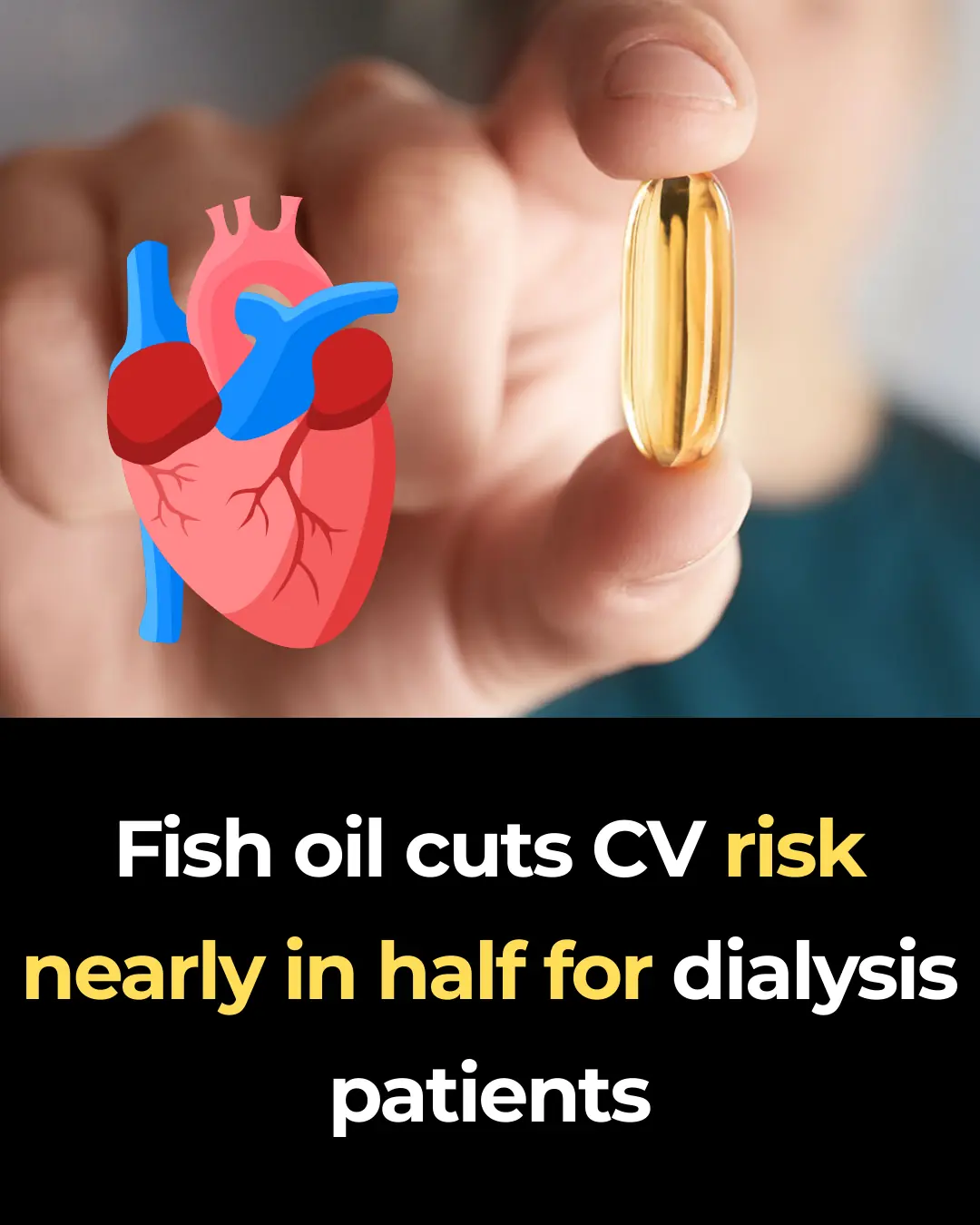
Fish oil cuts CV risk nearly in half for dialysis patients
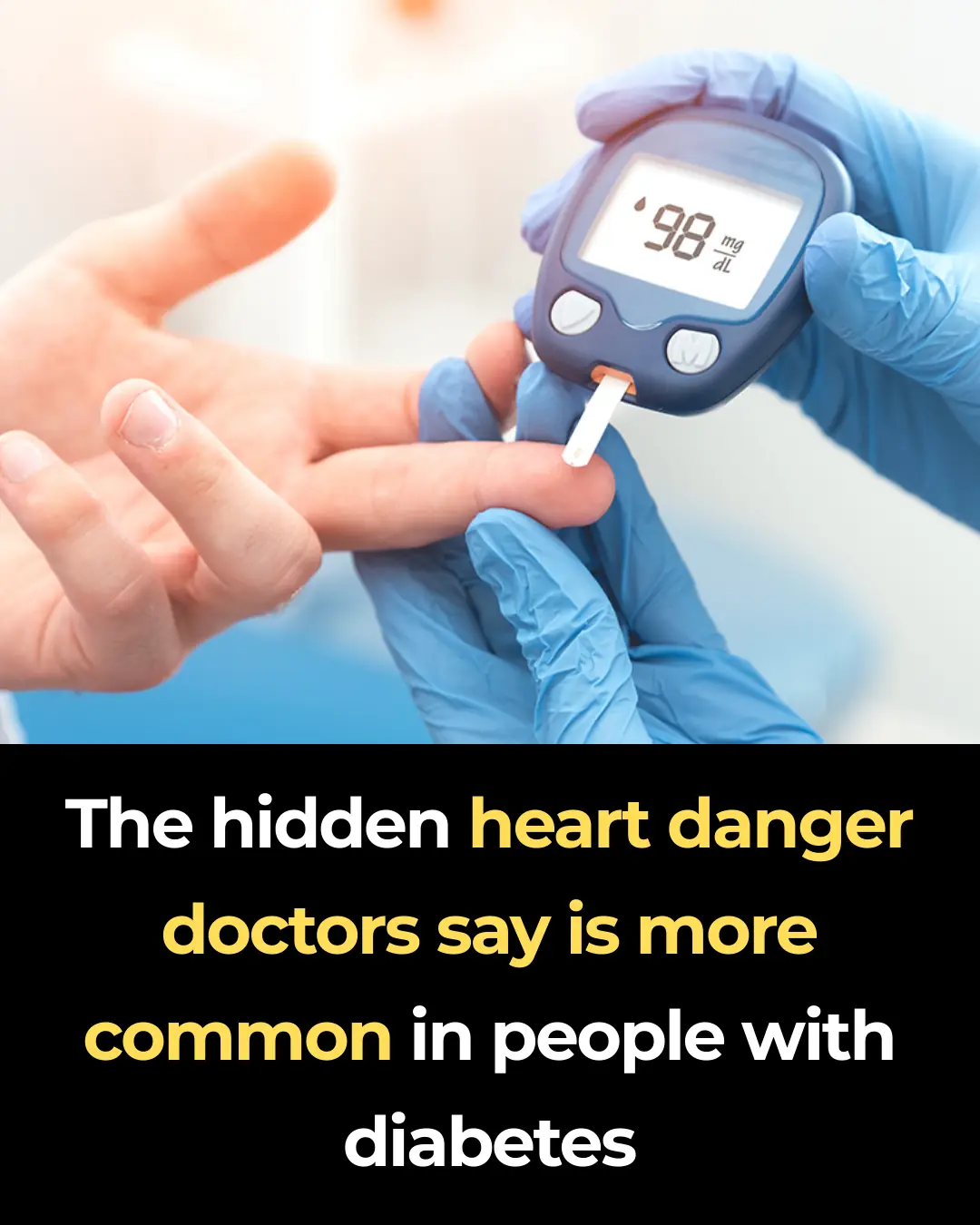
The hidden heart danger doctors say is more common in people with diabetes
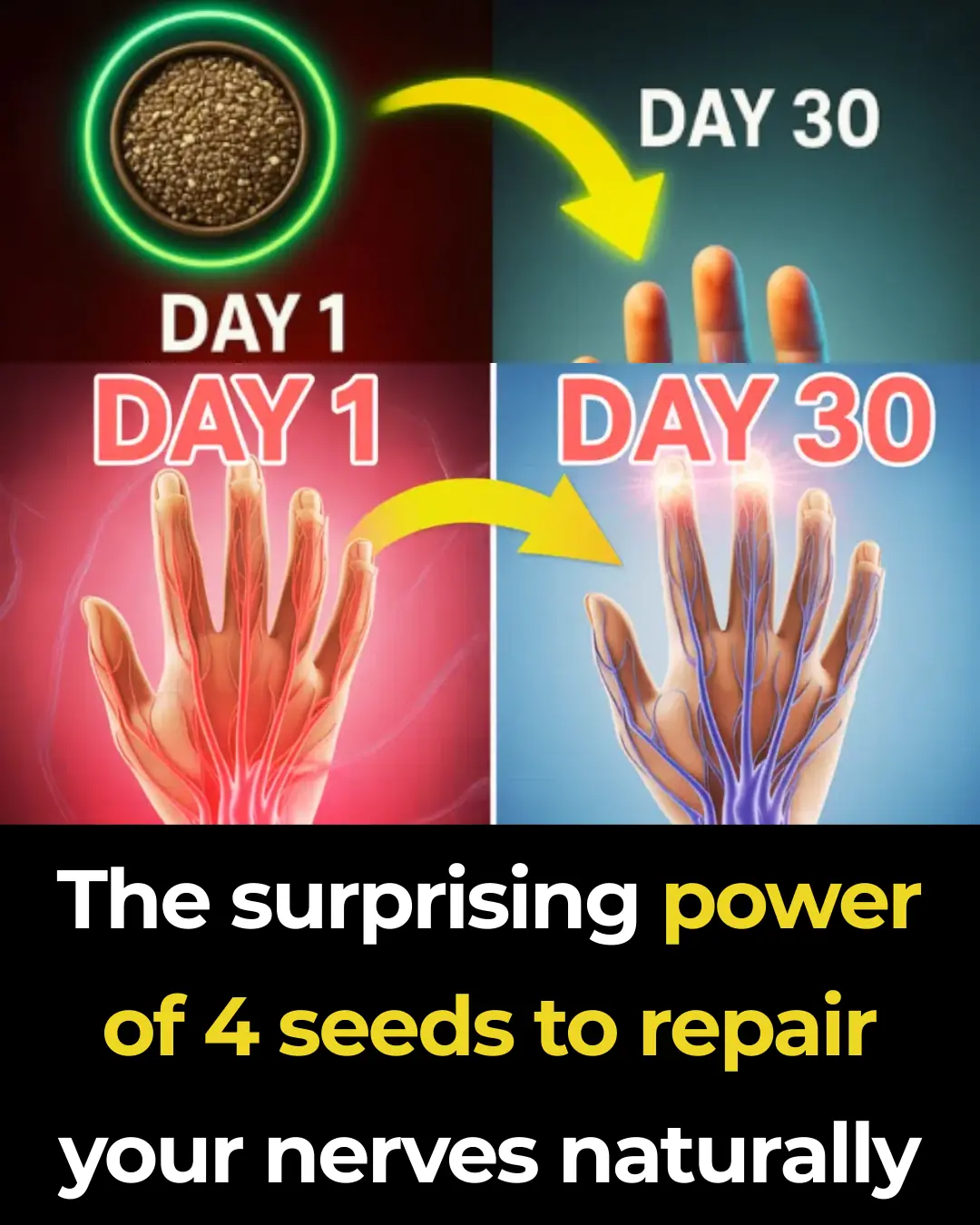
The surprising power of 4 seeds to repair your nerves naturally
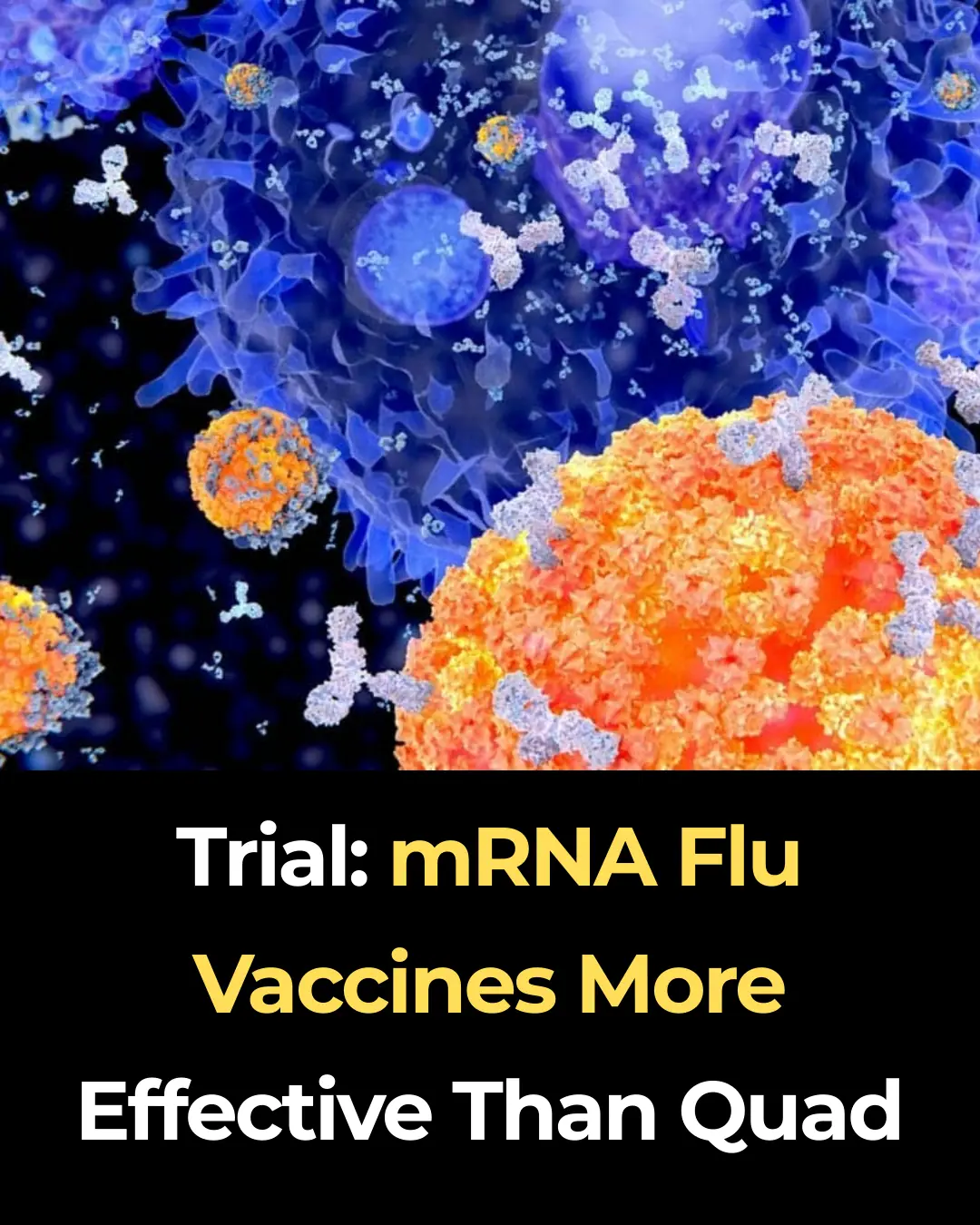
Trial: mRNA Flu Vaccines More Effective Than Quad

3 Miracle Herbs to Instantly Lower Blood Pressure & Clear Arteries Naturally
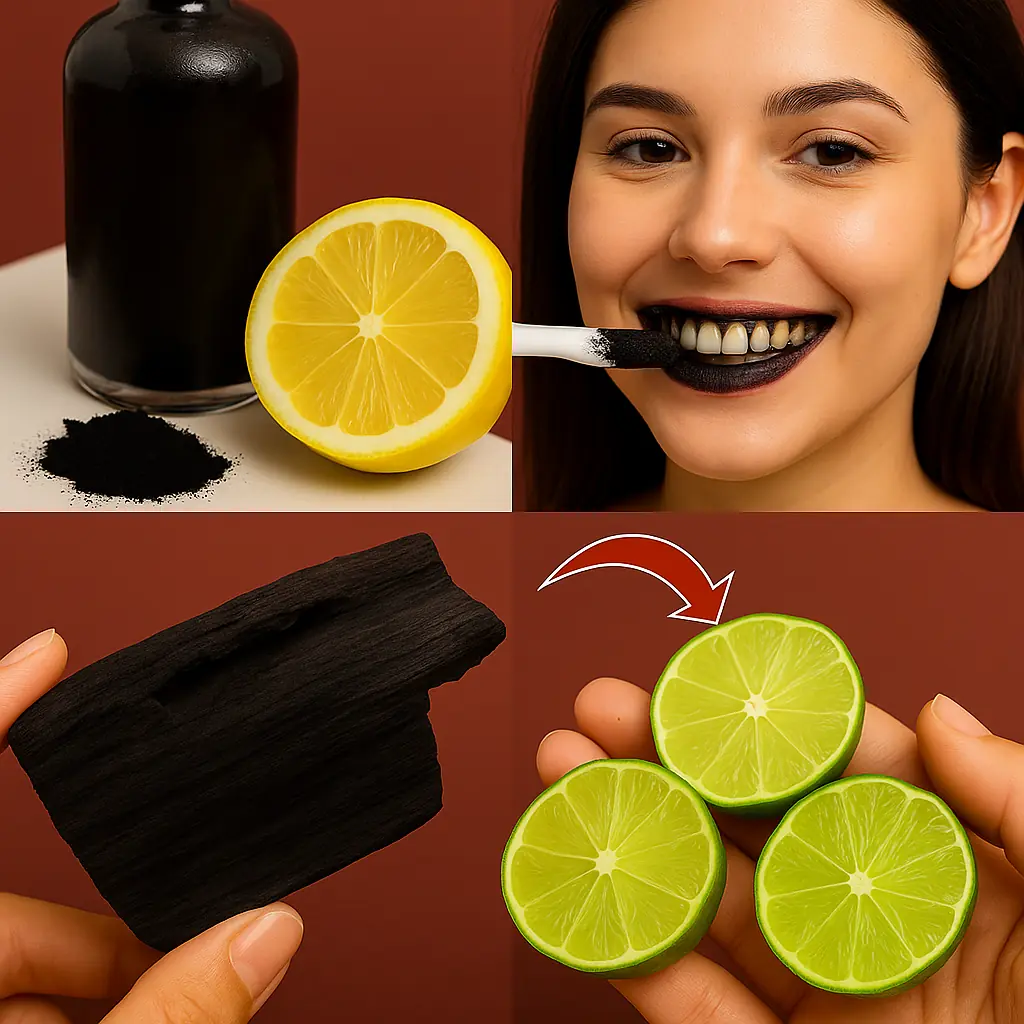
The Surprising Uses of Lemon and Charcoal: A Natural Mix That May Change Your Daily Routine

The Green Bell Pepper Hair Growth Secret You NEED to Know
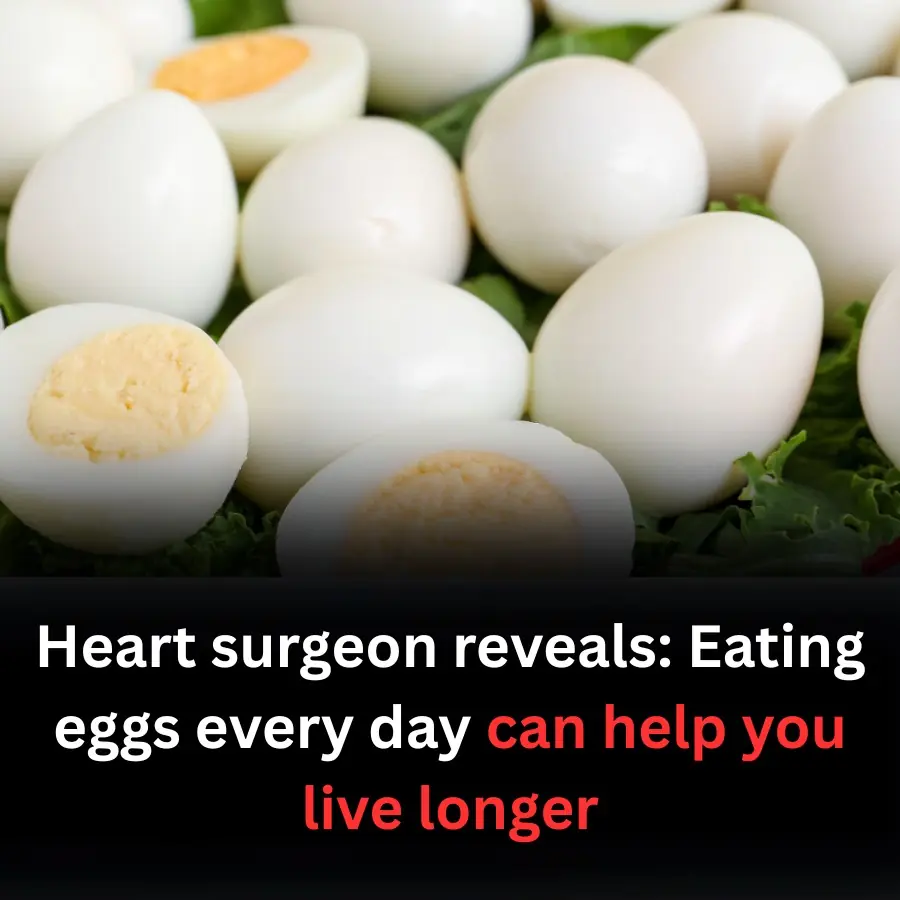
Eating eggs every day can help you live longer
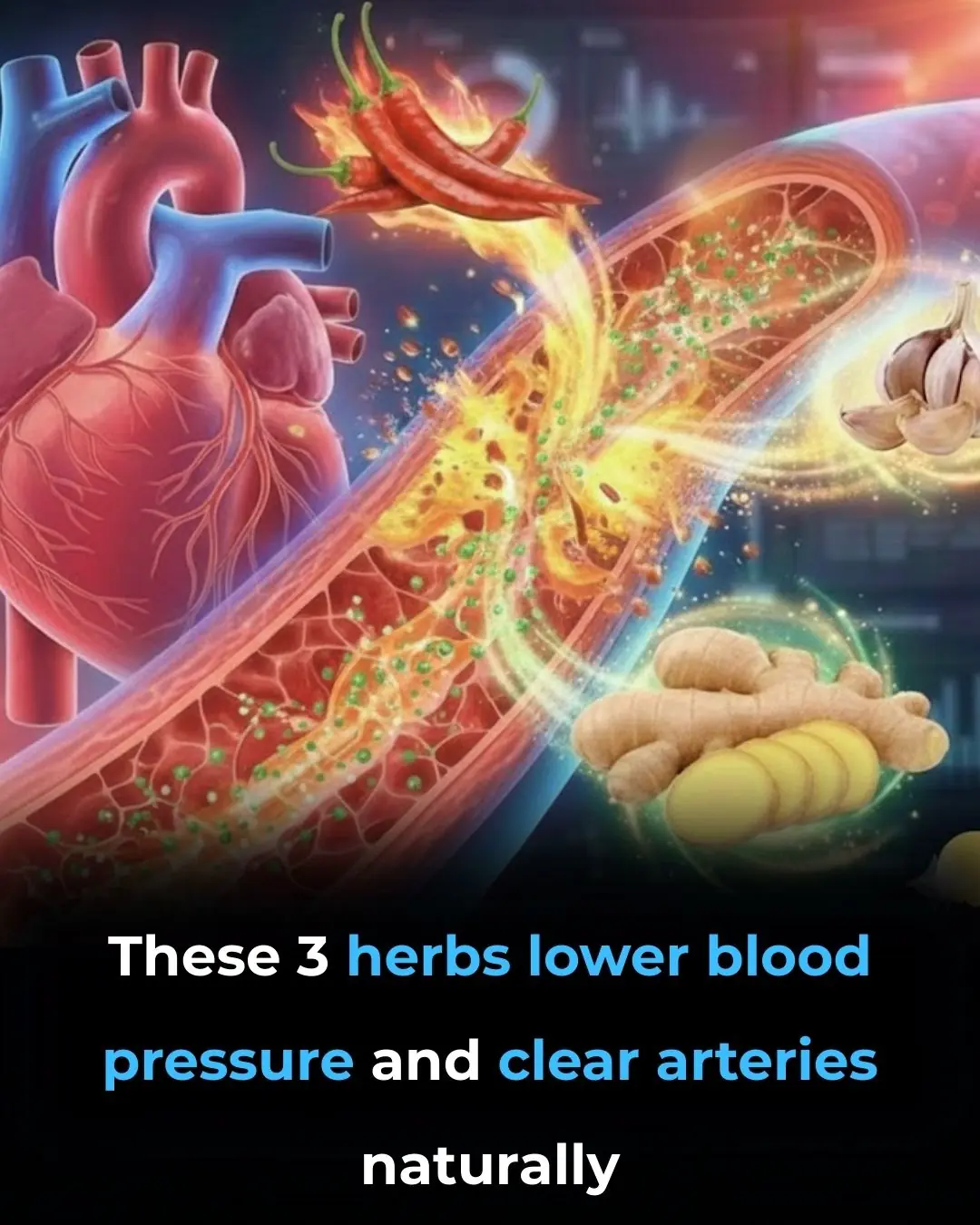
3 Miracle Herbs to Instantly Lower Blood Pressure & Clear Arteries Naturally

What is its effect. do you know?
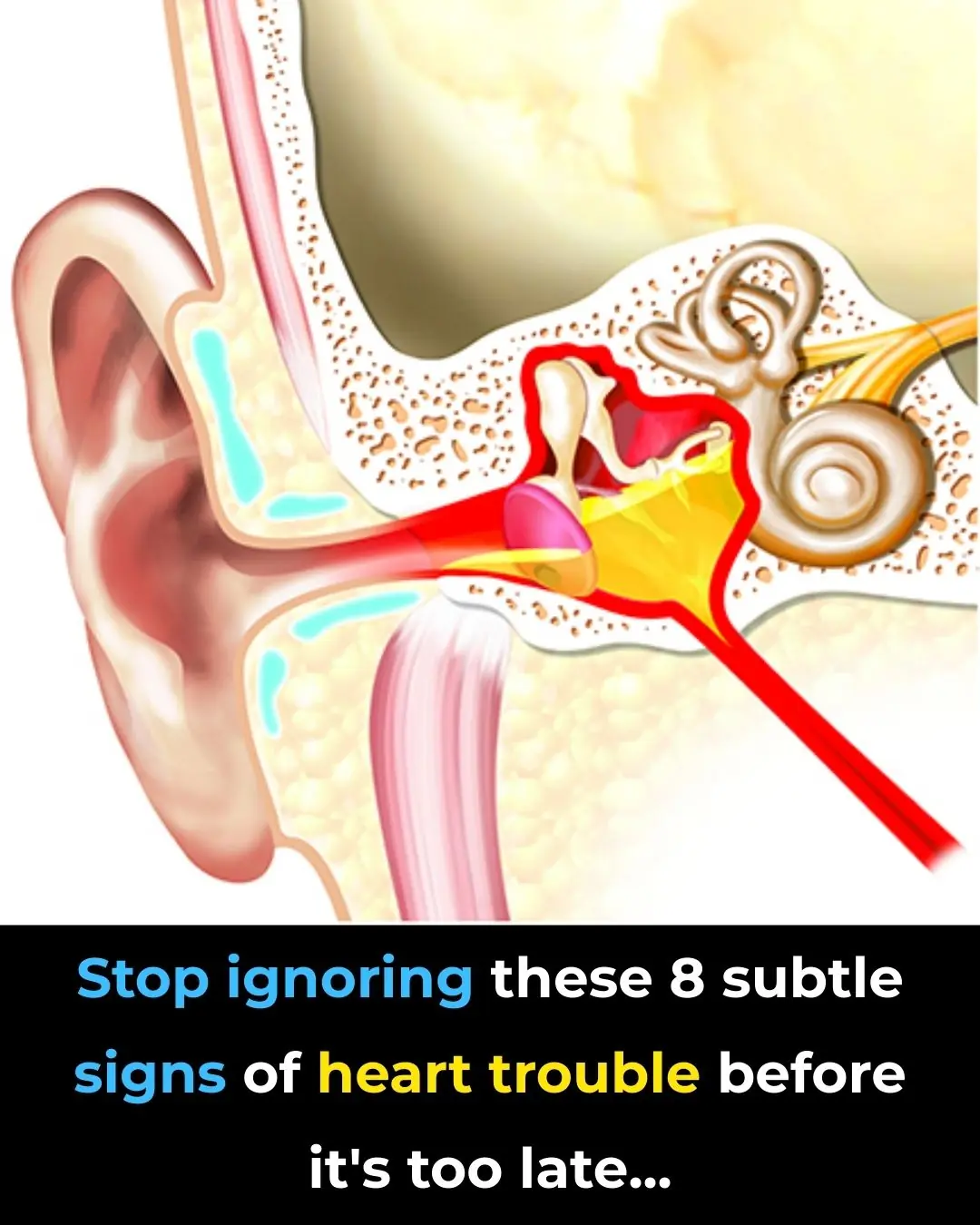
Stop Ignoring These 8 Subtle Signs of Heart Trouble Before It’s Too Late
News Post

High-Dose Nifedipine Linked to Increased Risk of Sudden Cardiac Arrest, New Study Suggests

How the U.S. Escaped Hurricane Landfalls in 2025

Ancient Shark Fossils Unearthed in Mammoth Cave Rewrite 325 Million Years of Evolutionary History

Powerful Health Benefits of Pineapple You Should Know
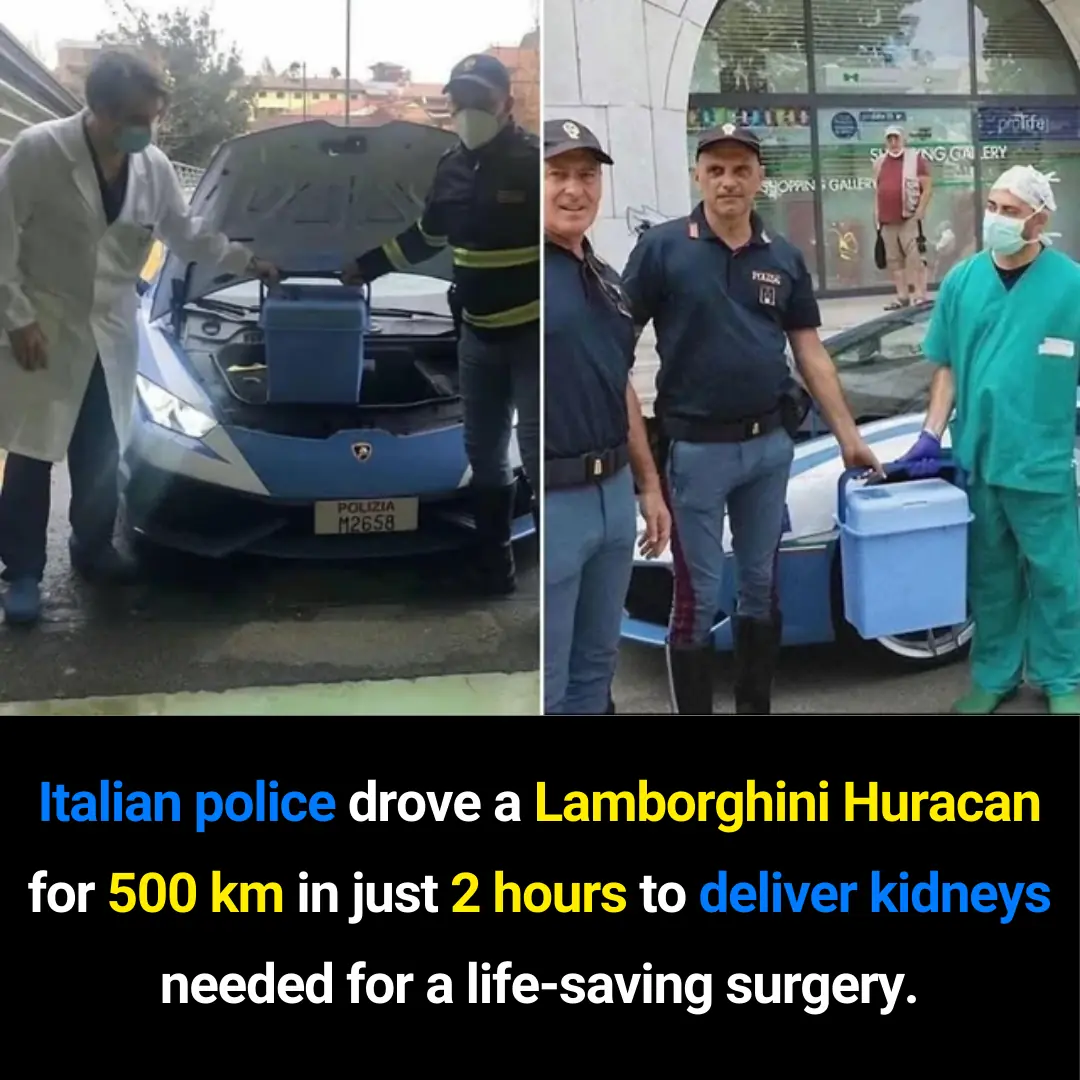
How an Italian Police Lamborghini Huracán Helped Save Lives by Delivering Kidneys Across Italy
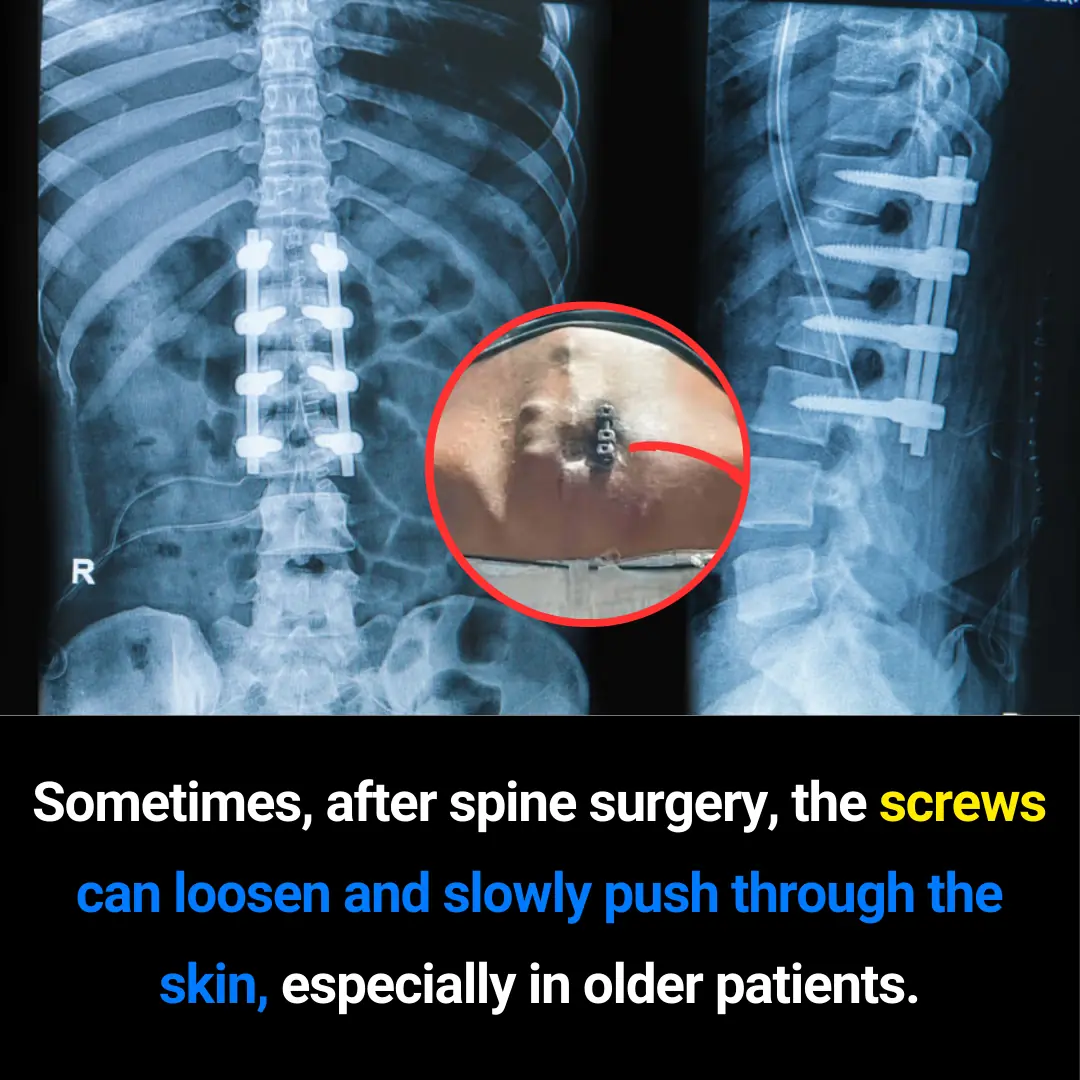
Can Spinal Screws Push Through the Skin? Understanding a Rare but Serious Post-Surgery Complication
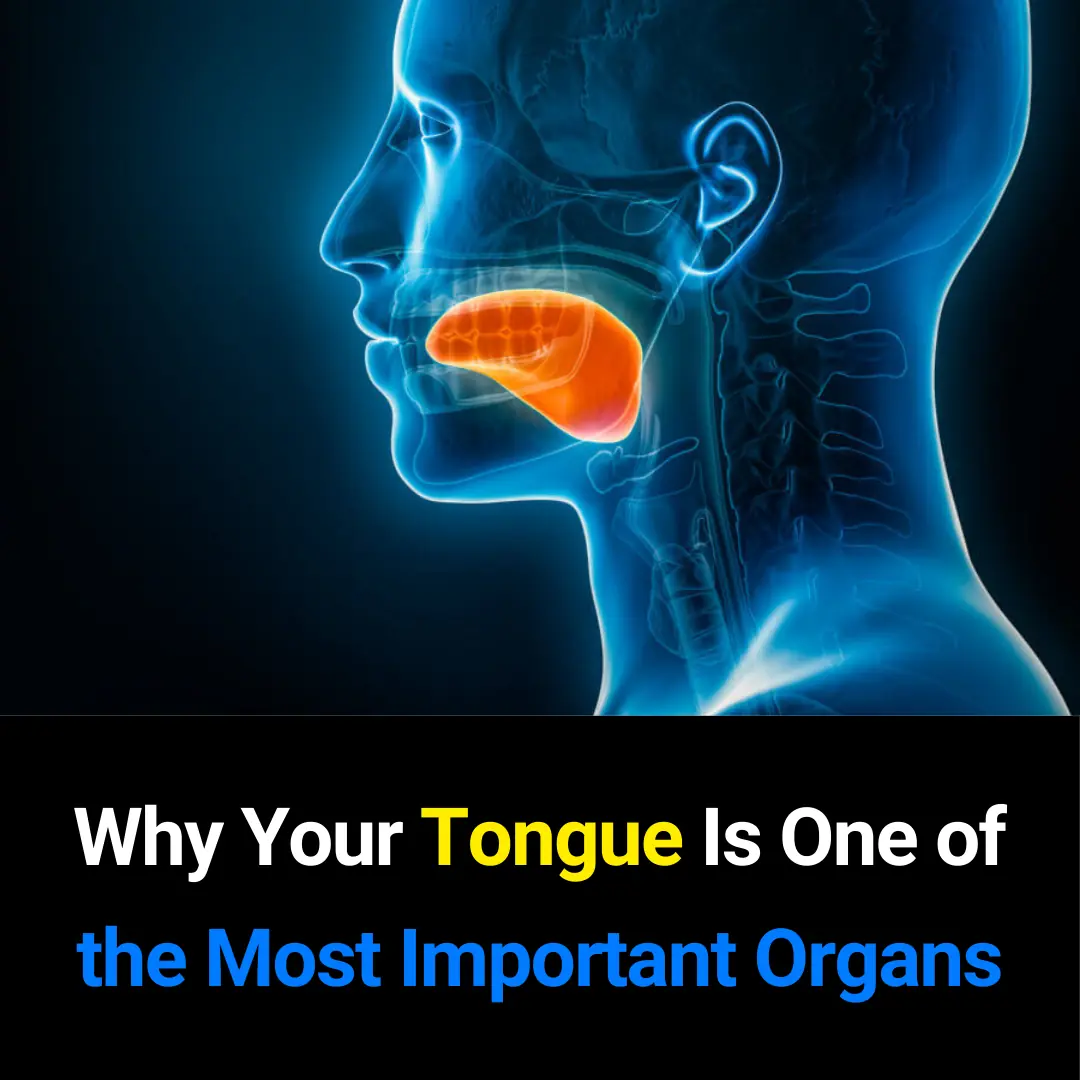
Why the Tongue Is One of the Most Important Organs in the Human Body

What You Do First in This Scenario

The Surprising Health Benefits of Sleeping in a Cold Room
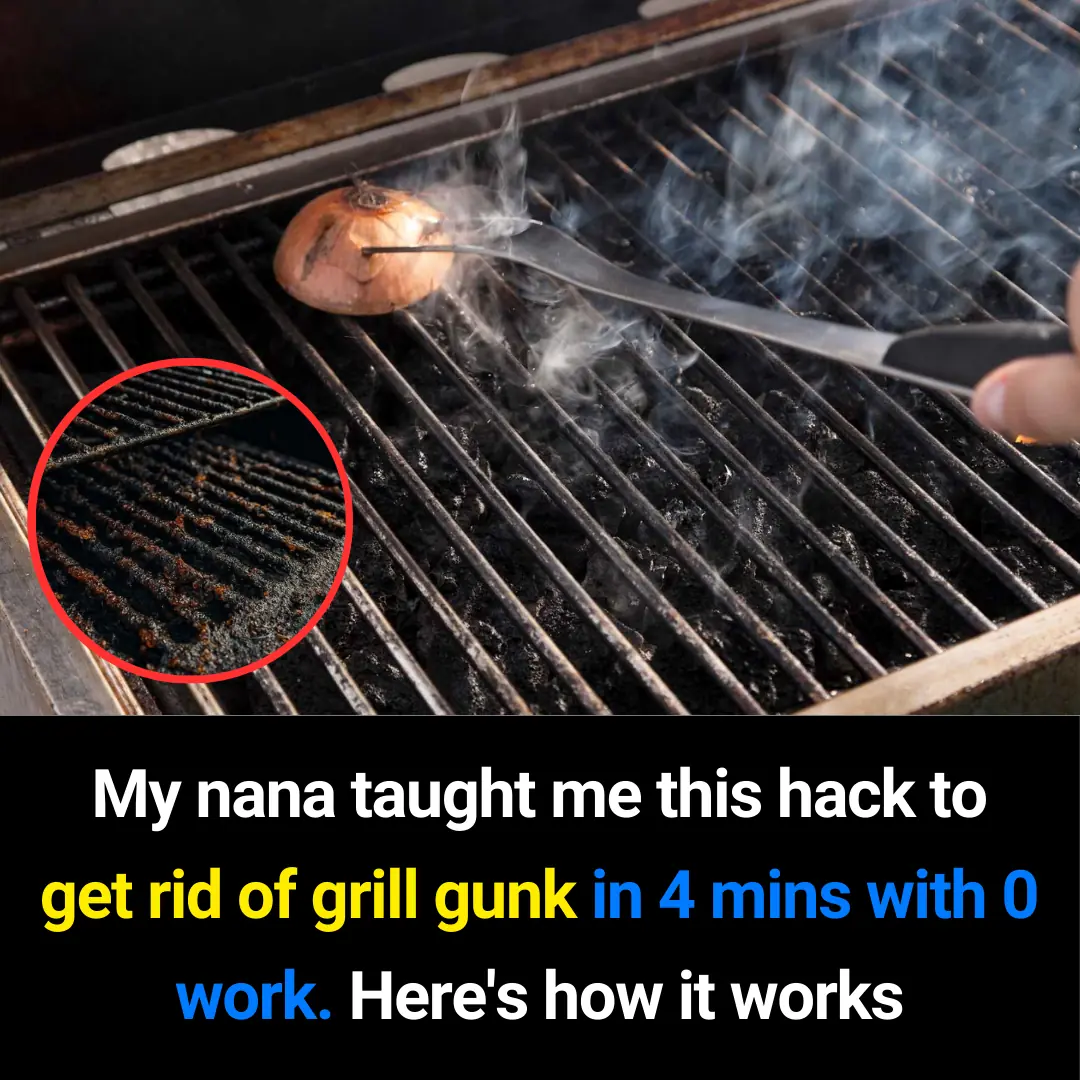
A 4-Minute, Zero-Effort Hack to Clean Grill Gunk – The Simple Trick My Nana Taught Me

High Blood Sugar Warning Signs

🥚 A Look at How Certain Boiled Egg Habits May Affect Your Heart Health

Small Steps, Big Impact: How 4,000 Steps a Day Can Transform Your Health

🌿 Clove Water Sitz Baths for Women: A Gentle Guide to Hygiene and Comfort

What Happens to Your Body When You Eat Canned Tuna Every Day

17 Warning Signs Your Liver Is Crying for Help

How to Support Your Kidneys Naturally Using 1 Teaspoon of Baking Soda

Fish oil cuts CV risk nearly in half for dialysis patients

The hidden heart danger doctors say is more common in people with diabetes
